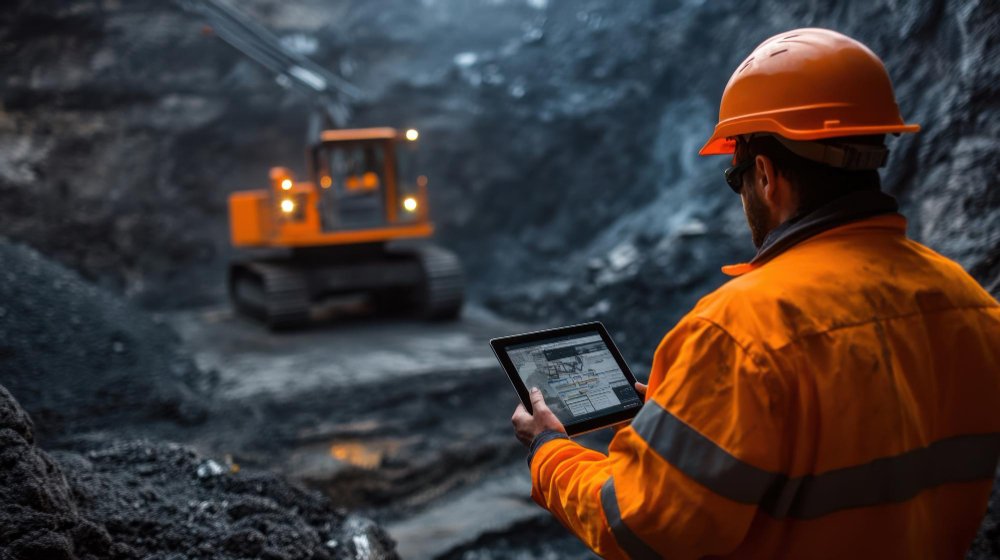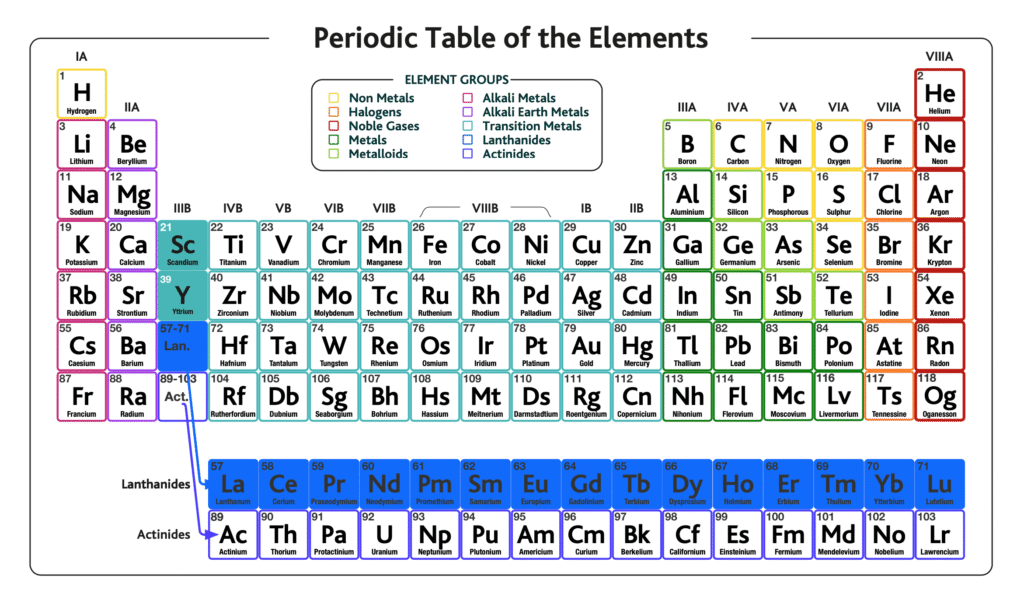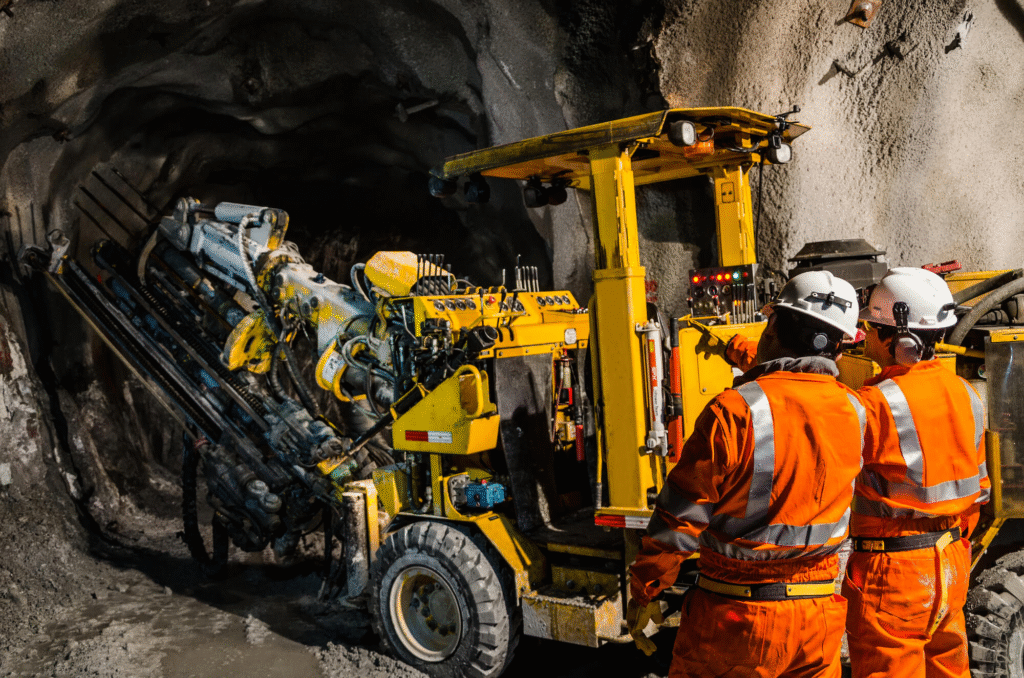Rear Earth Mining in Africa
Rare Earth Mining in Africa: Unlocking the Continent’s Hidden Treasures
Rare earth elements (REEs) are a group of 17 chemically similar metallic elements that are critical for modern technologies, including smartphones, electric vehicles, wind turbines, and defense systems. Despite their name, rare earth elements are not particularly rare in the Earth’s crust, but their extraction and processing are complex and costly. Africa, with its vast untapped mineral wealth, is emerging as a key player in the global rare earth mining industry. In this blog post, we will explore the significance of rare earth mining in Africa, its potential to reshape global supply chains, and the challenges and opportunities it presents.

The Importance of Rare Earth Elements
Rare earth elements are indispensable for manufacturing magnets, batteries, catalysts, and other components used in cutting-edge technologies. For example, neodymium and dysprosium are critical for producing powerful magnets used in electric vehicle motors and wind turbines. As the world transitions to clean energy, the demand for REEs is skyrocketing, making Africa’s reserves increasingly valuable.

Key Rare Earth Mining Projects in Africa
1. Steenkampskraal Mine, South Africa
The Steenkampskraal mine is one of Africa’s most promising rare earth projects. Operated by Genesis Rare Metals , it contains high-grade deposits of neodymium and praseodymium, which are in high demand for electric vehicle motors and renewable energy technologies.
2. Gakara Mine, Burundi
Burundi’s Gakara mine, operated by Rainbow Rare Earths , is one of the highest-grade rare earth deposits in the world. The project focuses on producing dysprosium and terbium, which are essential for permanent magnets used in electronics and green technologies.

3. Lofdal Project, Namibia
Namibia’s Lofdal project, led by Namibia Rare Earths , targets heavy rare earth elements, which are less common but highly valuable. These elements are crucial for advanced technologies, including aerospace and defense applications.

Environmental and Social Impacts
Environmental Concerns
Rare earth mining can have significant environmental impacts, including deforestation, water pollution, and radioactive waste. Many rare earth deposits contain thorium and uranium, which pose radiation risks if not managed properly. Implementing stricter environmental regulations and adopting cleaner technologies are essential to mitigating these effects.
Community Benefits and Challenges
While rare earth mining creates jobs and stimulates local economies, it can also lead to displacement and social conflicts if not managed responsibly. Ensuring fair compensation, providing community development programs, and fostering transparency are key to balancing economic benefits with social well-being.
Opportunities in African Rare Earth Mining
1. Diversifying Global Supply Chains
Currently, China dominates the global rare earth market, controlling over 60% of production and nearly all processing capacity. Africa’s emergence as a new supplier could diversify global supply chains, reducing dependence on a single country and enhancing geopolitical stability.
2. Value Addition through Processing
Most African countries export raw rare earth ores without refining them, limiting revenue potential. Developing local processing facilities could increase value addition and create additional jobs, positioning Africa as a leader in the downstream rare earth industry.
3. Supporting Green Energy Transition
Africa’s rare earth resources are critical for the global transition to clean energy. By supplying materials for electric vehicles, wind turbines, and solar panels, African nations can play a pivotal role in combating climate change while benefiting economically.
Frequently Asked Questions (FAQs)
Q1: What are rare earth elements?
A1: Rare earth elements are a group of 17 metallic elements used in high-tech industries and green energy technologies, including magnets, batteries, and catalysts.
Q2: Which African countries are exploring rare earth mining?
A2: Key players include South Africa, Burundi, Namibia, Malawi, and Kenya, all of which have significant rare earth deposits.
Q3: What are the environmental impacts of rare earth mining?
A3: Rare earth mining can cause deforestation, water pollution, and radioactive waste. Sustainable practices are needed to mitigate these effects.

